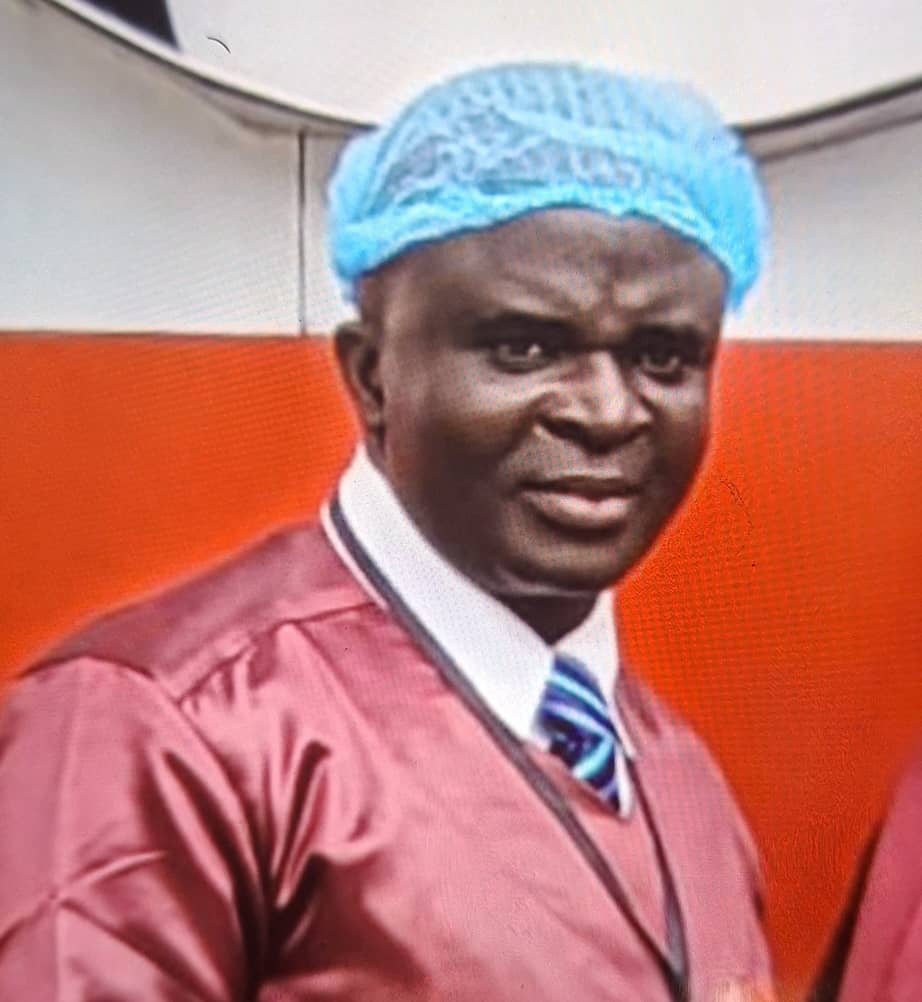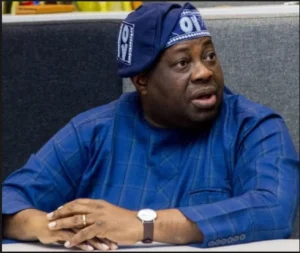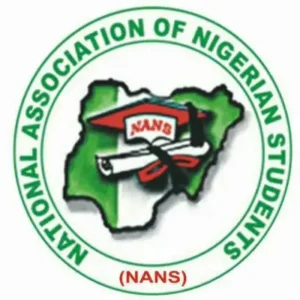Getting Osun Judiciary Back To Work, By Samuel Ajagbe
Strike action by Osun judicial workers has attracted national attention. Many are of the opinion that it is time for the strike to end . This is the position of the national leadership of the staff union. This was also accepted by the state government which set up a committee on industrial action.
What then is delaying the resolution of the strike? Why have the workers not gone back to work? What is the head of the judiciary doing as the head of that sector? What is Governor Adeleke doing as the leader of the state?
First ,we know the negotiation has produced a tripartite agreement duly signed by the Registrar of the State High Court, the state Attorney General and the national president of the judicial staff union. The agreement calls for an end to the strike under the following conditions:
1. That the judicial services commission (JSC) meeting should be called to reinstate all the suspended staff as soon as possible;
2. That the necessary promotion and regularization of all qualified members of staff will be effected by the judicial service commission (JSC) without further delay;
3. All instituted court actions against the judicial service commission (JSC), JUSUN, it’s members (by signatory to this agreement, their privies or their sympathizers) and the the Attorney General must be withdrawn forthwith;
4. That the government has agreed to pay the 2023 staffs regulation dress allowance/ robe allowance, as same was captured under the budget of the judiciary for 2023;
5. That the government will contact all relevant governmental agencies to look into all the past activities regarding the 2021 and 2022 staff;
6. That the government robust scheme of service for all categories of staff in the judiciary shall be fashioned out and implemented by the judicial services commission (JSC) without any further delay;
7. There shall be no victimization of any form against any judicial officer, or any member of JUSUN for participating in the strike or as a result of the strike;
8. That this agreement is without prejudice to whatever step being taken by the national judicial council and in no way meant to overreach, overtake or stop such steps;
9. That this agreement is made in consideration of the need to enable Jusun call off its strike and resume duties accordingly in the interest of the state and general public;
Above agreement requires both the Governor and the State Chief Judge to take some administrative steps. So far, reports indicated that the Governor has ordered the payment of the outstanding wardrobe allowances in addition to the payment of previously withheld salaries;
The next stage is for the State Judicial Service Commission to meet and implement the judicial side of the agreement. Items one to three on the agreement require a decision of the judicial service commission.
Yet, the commission has not acted since February 16th when the agreement was signed.
The Governor is not the head of the judicial service commission. The body is chaired by the state chief judge. The chief judge has a duty to call a meeting of the Commission and approve items 1 to 3 in the tripartite agreement.
Why has the CJ not acted in the same way as the Governor who has paid the wardrobe allowances?
Can the strike be called off without implementing the agreement duly signed? The striking workers are saying No because the issues bother on staff welfare and conditions of service.
In this case, who is to be blamed?
Is the Governor at fault. Definitely No. The man had done a lot by executing areas that affect the executive arm of government in the agreement. He also set up a resolution panel which supported the negotiation that produced the tripartite agreement. In any case, there is a limit of intervention for the Governor as any further step may amount to intervention in judicial matters.
Are the judicial workers at fault?
Well, in labour matters, it will be unfair to blame unions for fighting for their rights. Labour -employer matters are key aspects of state governance which cannot be swept under the carpet.
Is the CJ culpable?
Well, everything revolves around her. The workers are under her. The complaints are all against her. At the center of it all is the Chief Judge.
But why is she not willing to call a meeting of the Service Commission as its chairperson?
This is the crux of the matter. She will remain culpable as long as she refuses to call the commission meeting to implement the agreement.
The agreement is the only way to get the workers back to work. The CJ should do the needful. Her house is on fire and she holds the key to putting it out.
The issue can no longer be hanged on the Governor with all what the executive has done to resolve the matter. The Governor had moved strategically away from the starting point of the crisis, distancing himself and even supporting all recommended measures.
As it is, the Governor cannot call a meeting of the Judicial Service Commission. Only that body can approve key aspects of the agreement to put an end to the strike action. This is a judicial, not an executive responsibility.
● Samuel Ajagbe writes from Owode, Ede














Post Comment